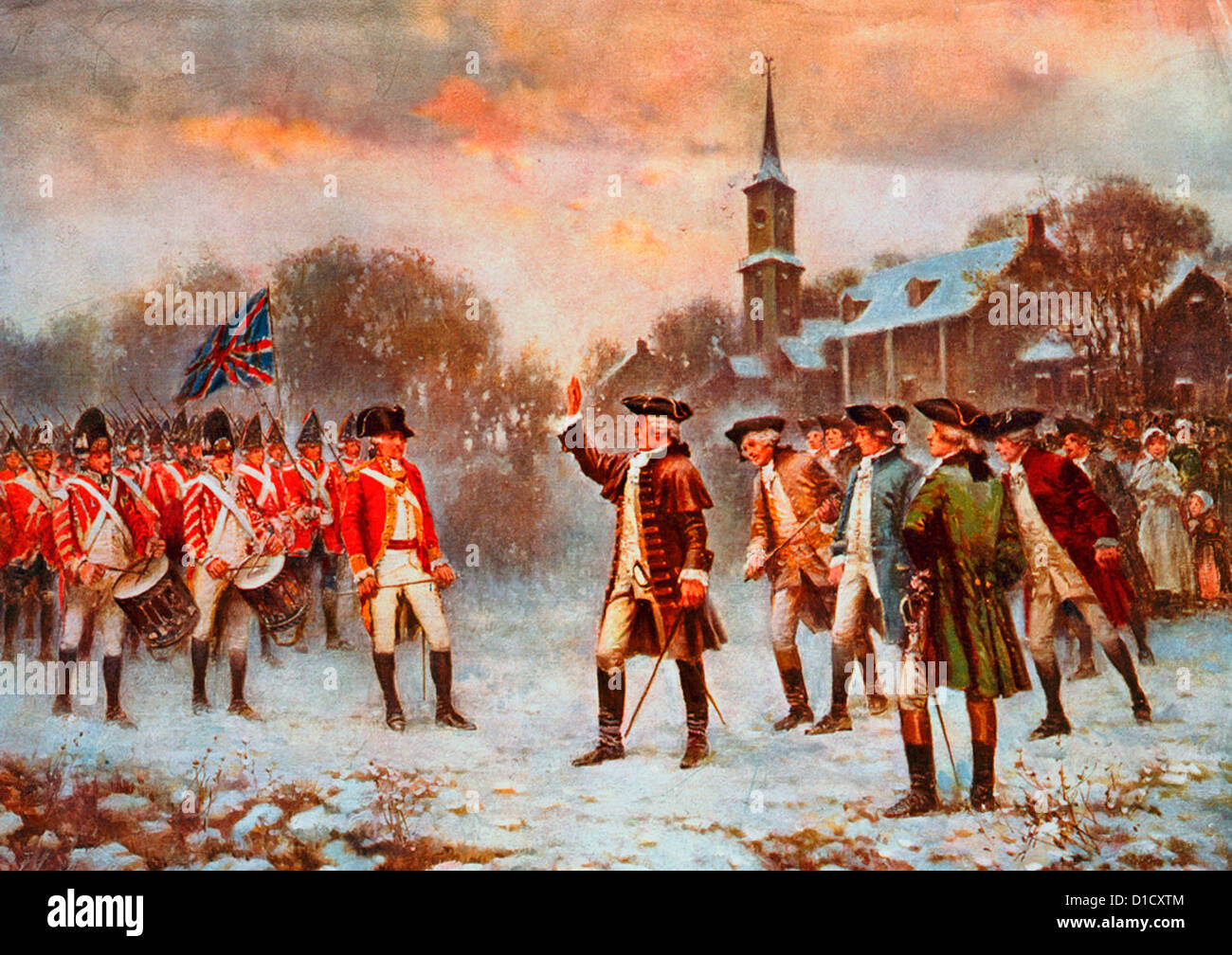

“The great rule of conduct for us, regarding foreign nations, is in extending our commercial relations, to have with them as little political connection as possible. George Washington, in his Farewell Address of 1796, laid out this policy of American neutrality in European affairs: George Washington in military uniform, by Rembrandt Peale.Īfter the American Revolution, the United States sought to insulate itself from European affairs and build up the new nation. Additionally, many Americans along the nation’s western frontier believed that the British in Canada encouraged Indian raids on their settlements. The prolonged wars between Britain and France (1793-1815), kicked off by the French Revolution, greatly complicated America’s ability to protect the rights of its shipping and sailors. In upholding its rights to trade freely with all of the world’s countries, the United States government struggled to balance military preparedness and diplomacy. The treaty, however, neither guaranteed the new nation’s survival nor ensured that the powers of Europe would respect its rights.

The signing of the Treaty of Paris in 1783 ended the Revolutionary War and established the United States among the world’s nations. Specifically, the reasons included trade restrictions brought about by Britain’s ongoing war with France, the impressment of American merchant sailors into the Royal Navy, British support of American Indian tribes against American expansion, and outrage over insults to national honor after humiliations on the high seas.

Instead, the War of 1812 pitted the fledgling United States, barely twenty years old, against Great Britain in a conflict centered on recognizing American commercial and political rights. Unlike the American Revolution, the causes of the War of 1812 were far more economically and politically motivated than idealistic. Commonly called America’s Second War of Independence, the War of 1812 was a major conflict with Great Britain in the early years of the nineteenth century.


 0 kommentar(er)
0 kommentar(er)
